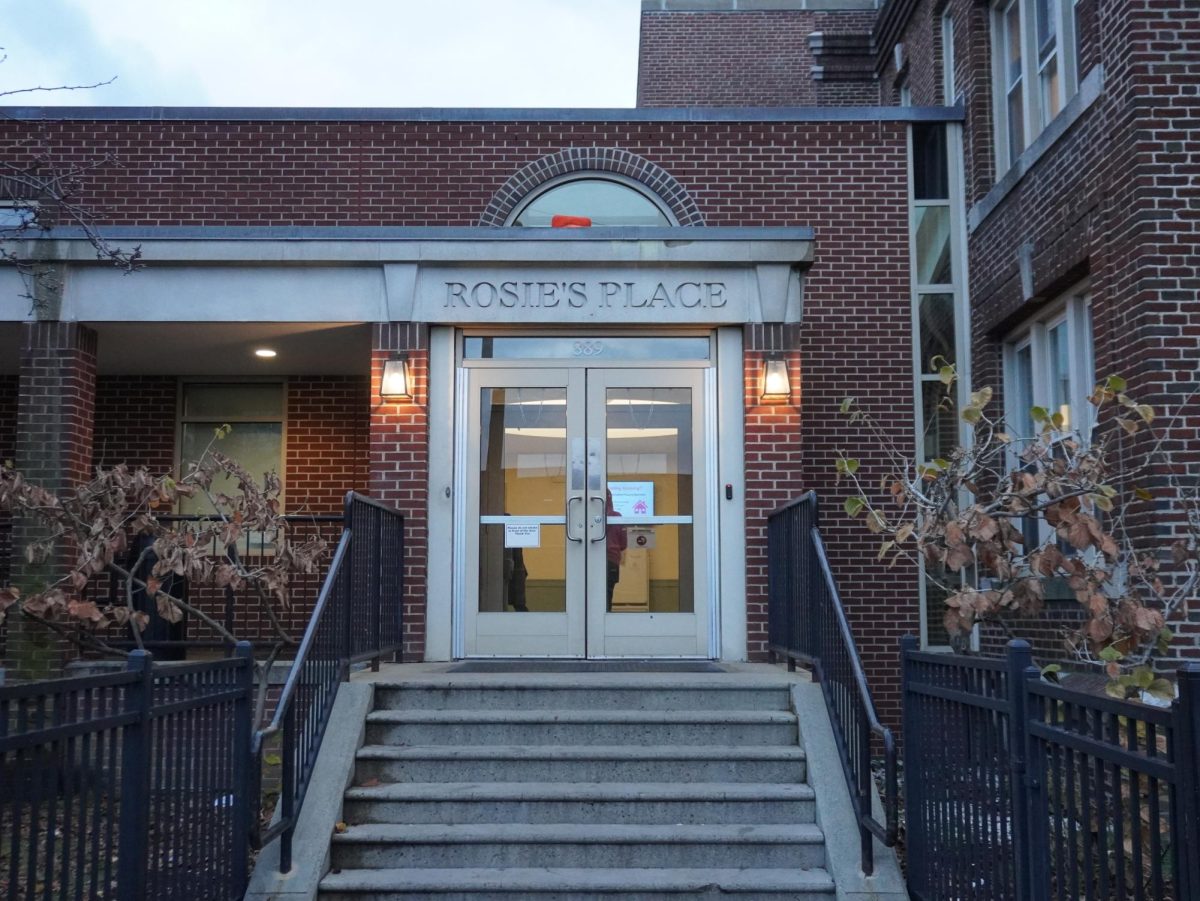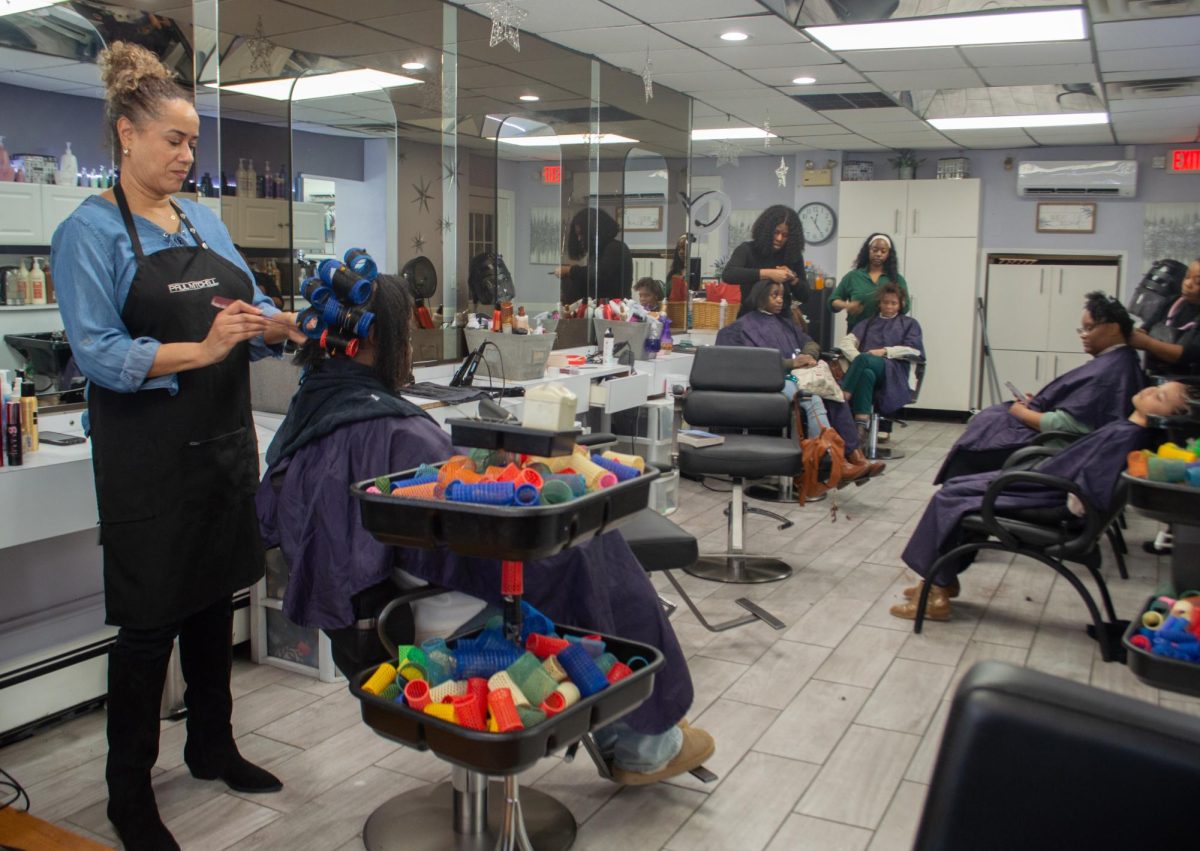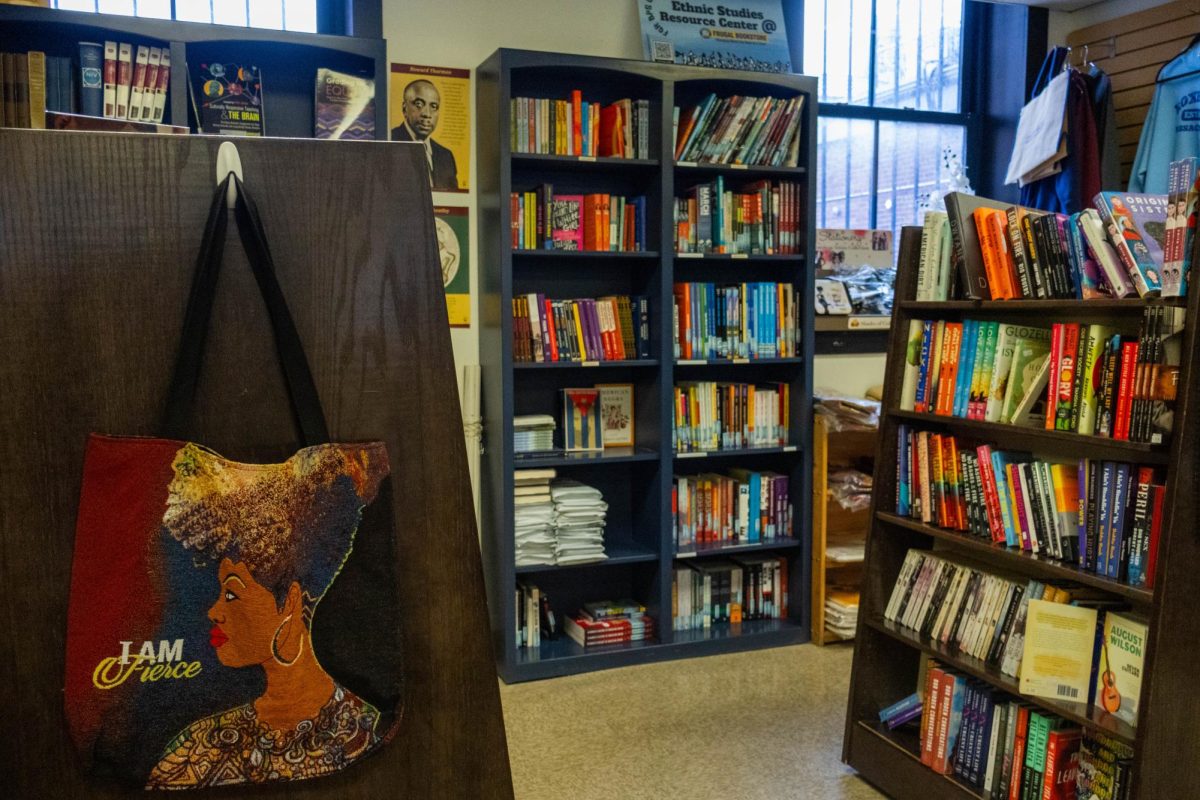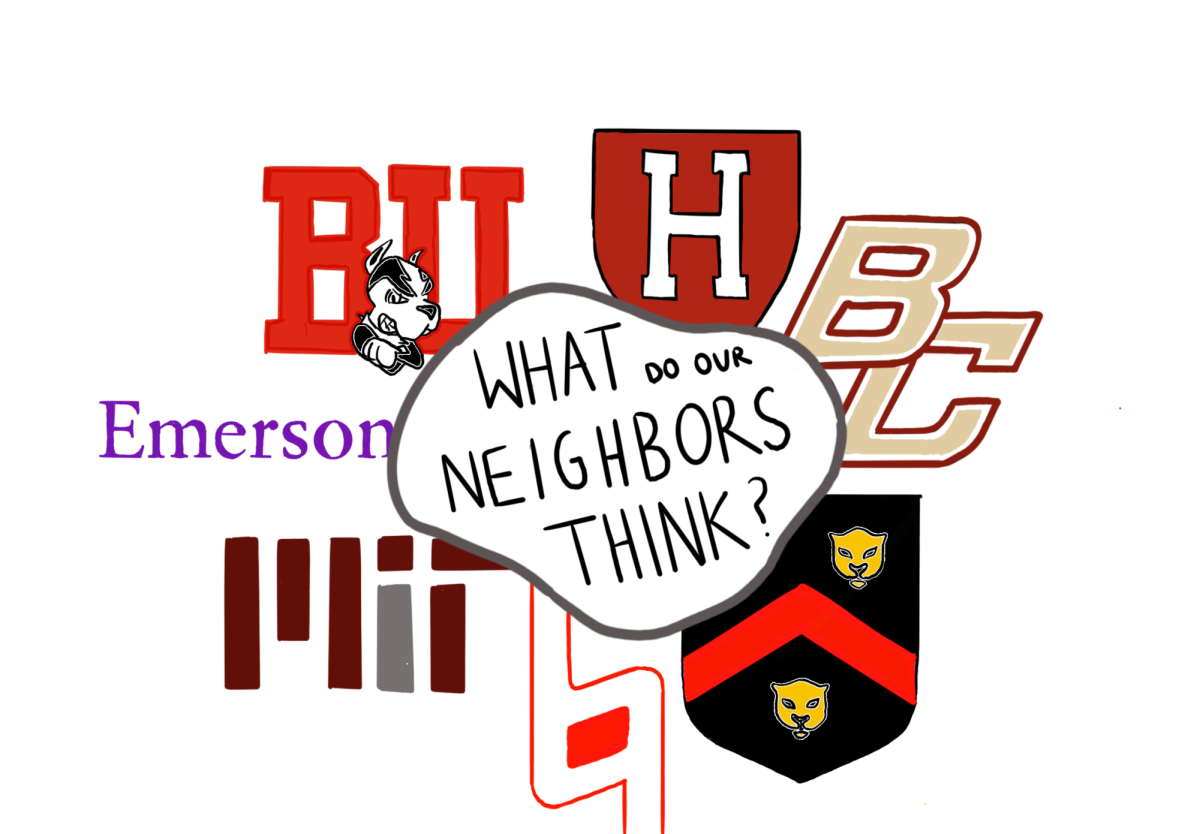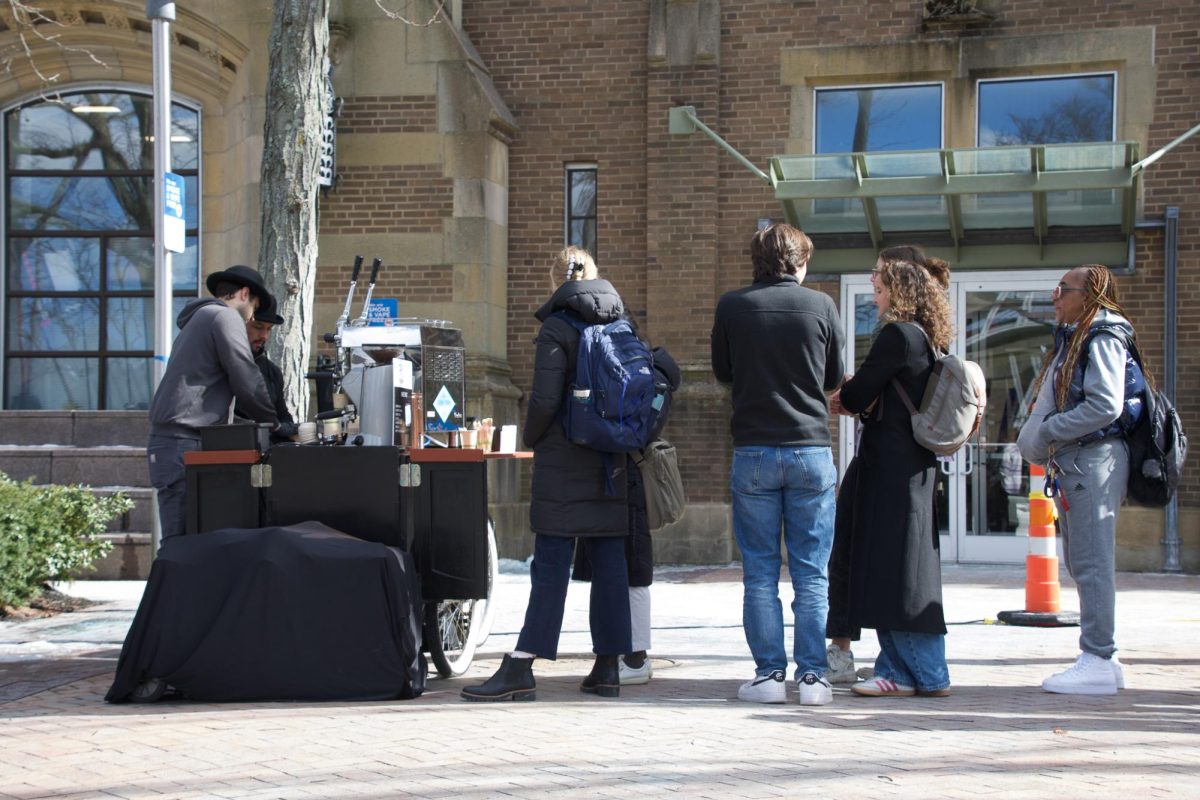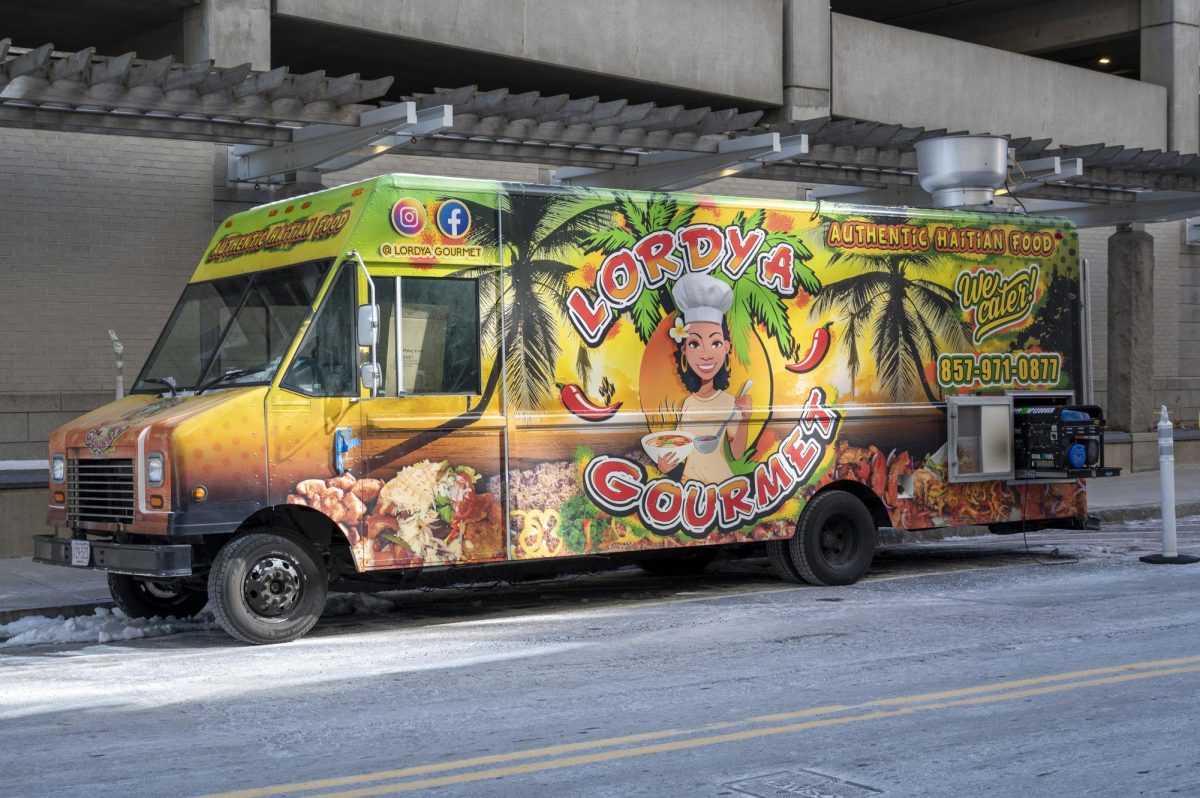For over 40 years, Rosie’s Place has been a safe haven for Boston’s women, a city with the second-highest homeless rate in the United States. Founded in 1974 as the first women-only shelter in the country, it offers far more than food and shelter — women can also access education, legal services and a path toward empowerment. Rosie’s Place is more than a shelter — it’s a bridge to a better future.
For Diah Williams, a Roxbury resident, Rosie’s Place served as a turning point when she faced unexpected unemployment.
“They treated me like I mattered,” she said.
Williams lost her teaching job due to racial and gender discrimination. At Rosie’s Place, she found not only nourishing meals and safe shelter, but also legal resources and career advancement education.
Her experience is representative of the broader challenges countless working women of color in the United States face every day. These challenges include persistent wage gaps driven by discriminatory hiring practices, occupational segregation and a lack of career advancement opportunities. The Center for American Progress reported that Hispanic women experience the largest pay gap, earning just 57 cents for every $1 earned by white, non-Hispanic men in 2020. Despite consistently having some of the highest labor force participation rates, Black women earned just 64 cents for every $1 earned by white, non-Hispanic men in 2020. These barriers compound the risk of homelessness when combined with the rising living costs and limited access to affordable housing in Boston.
Amid these obstacles, Rosie’s Place, Williams said, offered more than temporary relief.
“They gave me the tools to rebuild,” she said. “Without them, I honestly don’t know where I’d be today.”
Carmen Perez, a cashier who spent over a year living out of her car, said Rosie’s Place is her “lifeline.”
“One of my coworkers told me about it and, I can’t lie, I was very hesitant at first, but I had nowhere else to turn,” Perez said. Now living in transitional housing, she credits the shelter with helping her navigate a path out of crisis.
The organization provided Perez with meals and clothing along with connections to housing programs.
“They don’t just hand you a meal and send you on your way,” she said. “They listen, they care and they help you figure out what’s next.”
Perez’s story highlights the fragility of financial stability for many low-wage workers in Boston. MassINC reported that over a third, 1.1 million to be exact, of Massachusetts workers struggle to afford basic needs, including housing, despite working full-time. This economic fragility, coupled with rising living costs, heightens the risk of homelessness for many residents, particularly in high-cost cities like Boston. Rosie’s Place addresses these gaps, providing holistic support that goes beyond emergency assistance.
For Simone Santiago, a home health aide from Jamaica Plain, Rosie’s Place served as a catalyst to a new beginning.
“I do love my patients deeply, but the work isn’t always steady,” she said. “There were many, many months when I just couldn’t make ends meet.”
Santiago utilized budgeting workshops, food services and other resources at Rosie’s Place.
“At Rosie’s Place, I found more than help — I found hope, at a time where I was truly hopeless,” Santiago said. “I used to feel constantly overwhelmed and on edge, but their workshops helped me break down my finances, step by step. Now, I know not just how to make ends meet, but how to plan ahead,” she said.
The stories of Williams, Perez and Santiago reflect a broader community of women who, with the help of Rosie’s Place, are not just surviving, but thriving.Whether it’s through offering a safe place to stay, serving healthy meals or advocating for lasting change, Rosie’s Place undoubtedly stands as a pillar in the Boston community.
As homelessness and poverty continue to affect Boston’s residents, Rosie’s Place remains steadfast in its mission: provide a safe and nurturing environment that helps poor and homeless women maintain their dignity, seek opportunity and find security in their lives .
“They see the person behind the struggle,” Williams said. “This country needs more like it — places that recognize the humanity of women like us and fight for real change in our lives.”


